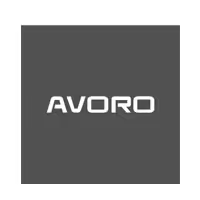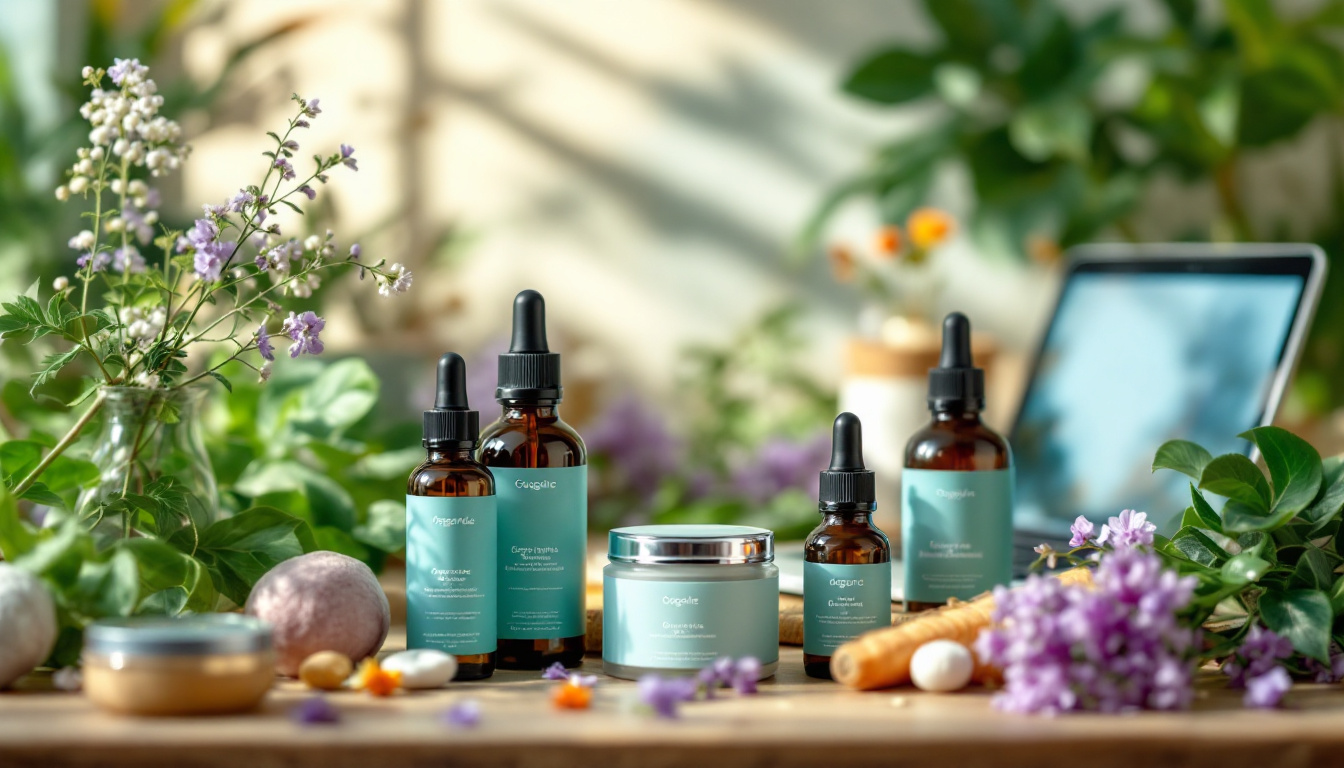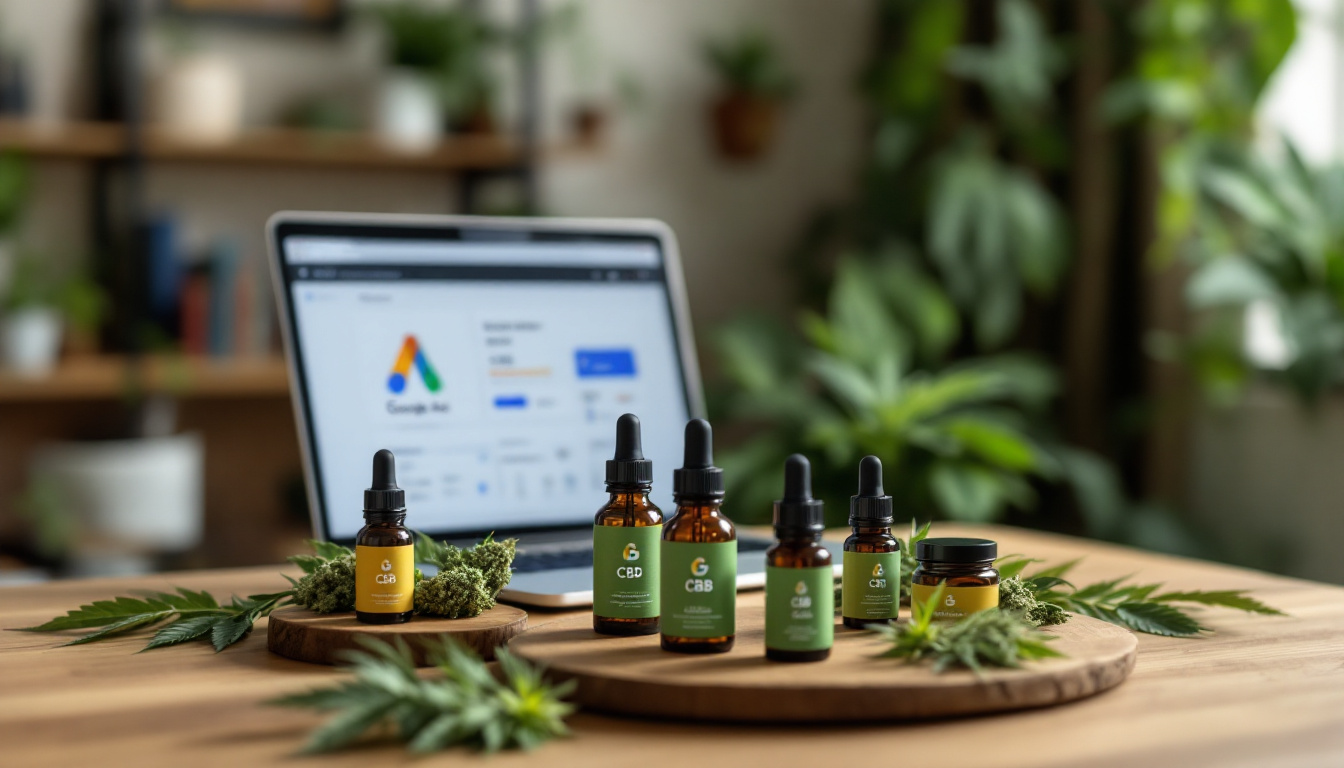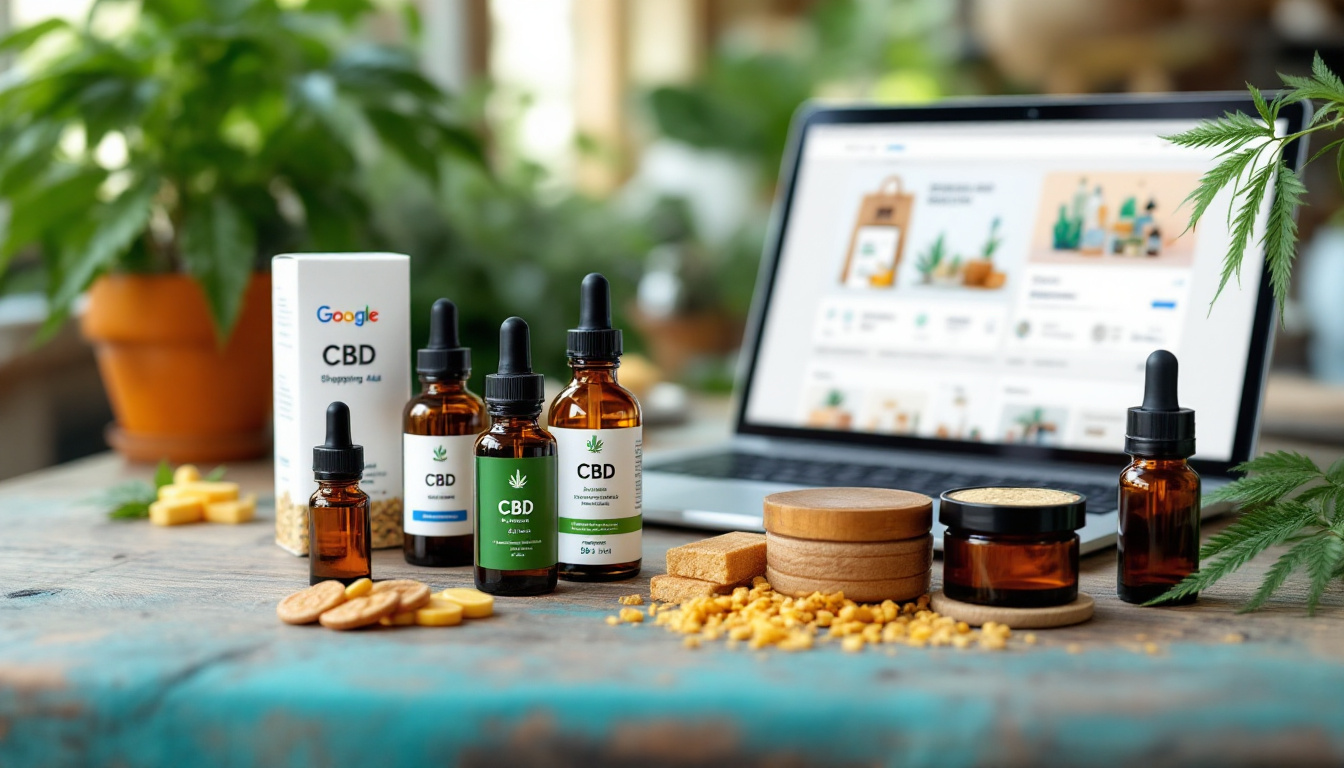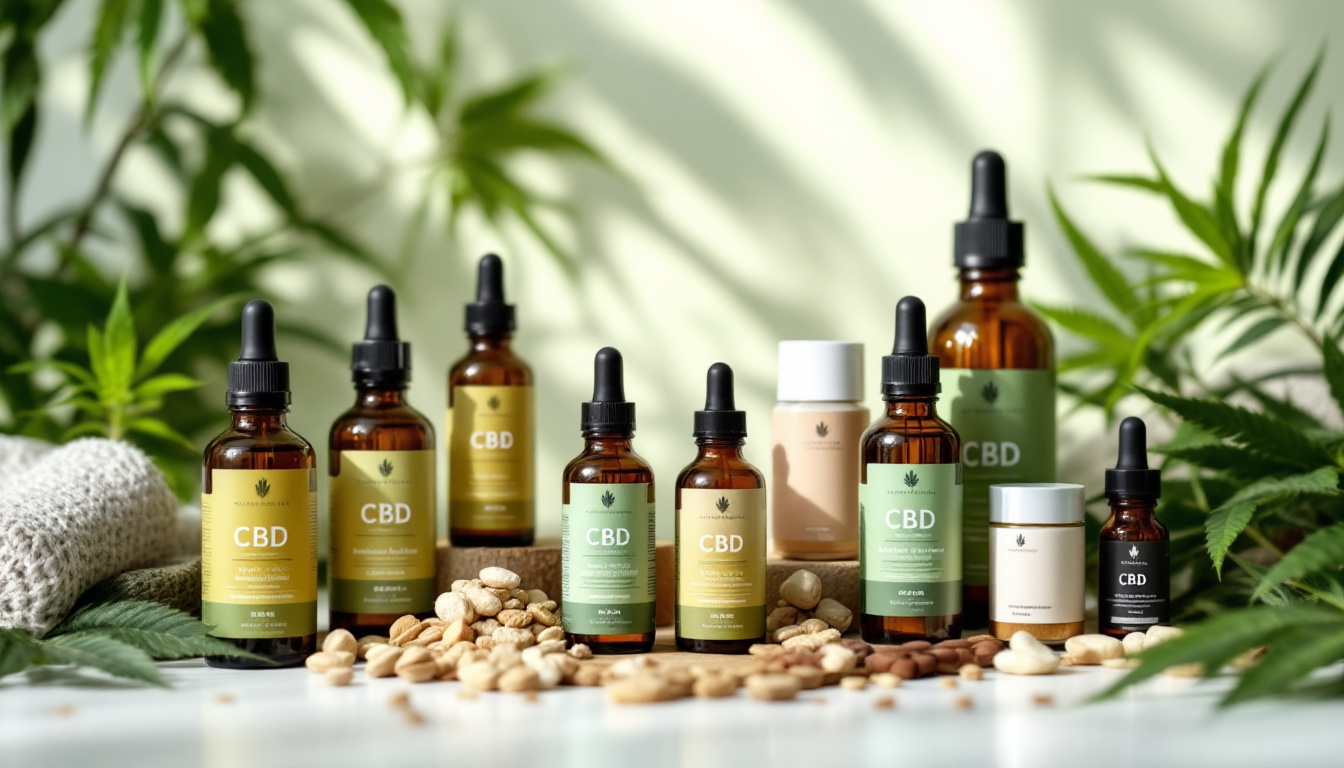Reengage Customers: Retargeting Strategies That Work for Organic Skincare Products

In the competitive landscape of organic skincare products, retaining customer loyalty is vital for ongoing success. One of the most effective methods for reengaging customers is through targeted retargeting strategies that resonate with their preferences and behaviors. This article explores various techniques that can help skincare brands revive interest in their products and foster a loyal customer base.
Reengage Customers: Retargeting Strategies That Work for Organic Skincare Products
Retargeting is a marketing strategy that allows brands to reconnect with potential customers who have previously shown interest in their products. This typically involves serving targeted ads to users who have visited a brand's website or engaged with its content on social media. For organic skincare brands, retargeting can successfully spotlight products’ unique benefits, emphasizing the brand’s commitment to natural ingredients. By reminding customers of the advantages of using organic products, such as reduced chemical exposure and environmental sustainability, brands can cultivate a deeper appreciation for their offerings.
Implementing a structured retargeting campaign requires a robust understanding of the customer journey. Identifying touchpoints where customers interact with the brand enables marketers to tailor their messaging effectively and influence buying decisions. By focusing on product education and building emotional connections, businesses can renew customer interest and encourage repeat purchases. For instance, sharing stories about the sourcing of ingredients or the brand's ethical practices can resonate with customers who prioritize sustainability and transparency in their purchasing decisions.
Winning Back Shoppers with Tailored Ads
Creating tailored ads is essential for recapturing the attention of past shoppers. Personalized advertisements that address individual preferences can significantly increase engagement rates. Using customer data, brands can craft messages that resonate on a deeper level. For example, a customer who previously purchased a moisturizing cream may be targeted with ads highlighting the benefits of a matching serum. This not only reinforces the customer’s previous choice but also introduces them to complementary products that enhance their skincare routine.
Additionally, taking advantage of dynamic ad formats can showcase a range of products that align with users' interests. By displaying ads that change according to a customer’s past interactions, businesses can create a more meaningful experience. Moreover, showcasing limited-time offers or exclusive discounts can prompt an immediate response, enticing customers to complete their purchases. Incorporating customer reviews or before-and-after images in these ads can further enhance their appeal, as they provide social proof and demonstrate real-world results.
Segmenting Audiences for Precision
Audience segmentation plays a crucial role in effective retargeting strategies. By grouping customers based on their behaviors, preferences, and demographics, brands can deliver relevant messages that resonate with specific segments of their audience. This precision not only enhances the effectiveness of campaigns but also builds rapport with customers. For example, a brand might create a segment for eco-conscious consumers who prioritize sustainability, allowing them to receive targeted messaging about the brand’s eco-friendly packaging and cruelty-free practices.
- Behavioral Segmentation: This involves categorizing users based on their actions, such as website visits or product views. For instance, those who checked out but did not purchase might receive ads featuring testimonials or user-generated content to build credibility.
- Demographic Segmentation: Tailoring ads based on age, location, or skin type allows brands to address unique needs. Organic skincare products can be effectively marketed by emphasizing their benefits to specific demographics, such as anti-aging solutions for mature skin or gentle formulations for sensitive skin.
- Engagement Segmentation: Creating segments based on user interaction levels, such as engagement with email campaigns or social media posts, helps brands target varying levels of interest effectively. This could lead to personalized emails that offer additional value, such as exclusive content or early access to new product launches.
By ensuring the right message reaches the right audience, brands can enhance customer experiences and nurture relationships that translate into long-term loyalty. Regularly analyzing the performance of segmented campaigns helps brands refine their strategies and capitalize on emerging trends in customer behavior. Furthermore, leveraging insights from these analyses can inform future product development, ensuring that offerings align with customer preferences and market demands, ultimately fostering a more engaged and satisfied customer base.
Achieving More Clicks with Personalization
Personalization remains at the core of effective digital marketing strategies. For organic skincare brands, personalizing advertising content not only attracts interest but can also significantly increase click-through rates. When potential customers feel that the content speaks directly to their needs, they are more likely to engage with it.

To enhance personalization efforts, brands can leverage data analytics and artificial intelligence. These technologies enable businesses to monitor user behavior and preferences in real-time, allowing them to develop targeted ads that evolve alongside customer interests. For instance, if a user frequently engages with content about natural face masks, the brand can prioritize showing them ads related to new mask formulations or related skincare tips.
- Utilize Predictive Analytics: By analyzing past purchasing data, brands can predict future buying behavior and craft personalized messages that align with potential needs. These insights can aid in sending timely reminders for reorders or new product launches.
- Incorporate User-generated Content: Sharing testimonials or reviews from customers with similar profiles can build trust and credibility. Personalized advertising that features relatable narratives will likely draw more clicks.
- Engage with Email Marketing: Tailored emails that include content based on user preferences, such as DIY skincare recipes or product tips, can encourage higher engagement rates, fostering a strong connection between the brand and its customers.
Ultimately, a personalized approach nurtures a more satisfying customer experience, leading to higher conversion rates as well as long-term loyalty. By understanding the intricacies of customer behavior and preferences, organic skincare brands can effectively retarget and reengage their audience.
Moreover, the integration of social media platforms into personalization strategies can amplify the effectiveness of targeted marketing. Brands can utilize social listening tools to gather insights about customer sentiments and trending topics within the skincare community. This information can be used to craft timely and relevant content that resonates with the audience, such as addressing common skincare concerns or highlighting seasonal skincare routines. By tapping into the conversations happening on social media, brands can create a more dynamic and engaging dialogue with their customers, enhancing their overall brand presence.
Additionally, incorporating interactive elements into personalized marketing campaigns can further captivate audiences. Quizzes that help customers identify their skin type or recommend suitable products based on their preferences can create a more immersive experience. This not only serves to educate consumers about their skincare needs but also positions the brand as a trusted advisor in their skincare journey. By providing value through interactive content, brands can foster a deeper connection with their audience, encouraging them to explore more and ultimately increasing the likelihood of conversions.
Conclusion
In the competitive world of organic skincare products, implementing effective retargeting strategies is essential for reengaging customers and cultivating lasting loyalty. By utilizing tailored ads, segmenting audiences with precision, and emphasizing personalization efforts, brands can effectively rekindle interest in their offerings.

As the landscape continually evolves, staying abreast of the latest trends and consumer behavior will ensure that retargeting campaigns remain relevant and successful. Ultimately, successful reengagement not only boosts sales but also fosters a community of enthusiastic customers who truly connect with the brand's values and mission.

As a Google Ads expert, I bring proven expertise in optimizing advertising campaigns to maximize ROI.
I specialize in sharing advanced strategies and targeted tips to refine Google Ads campaign management.
Committed to staying ahead of the latest trends and algorithms, I ensure that my clients receive cutting-edge solutions.
My passion for digital marketing and my ability to interpret data for strategic insights enable me to offer high-level consulting that aims to exceed expectations.
Google Partner Agency
We're a certified Google Partner Agency, which means we don’t guess — we optimize withGoogle’s full toolkit and insider support.
Your campaigns get pro-level execution, backed by real expertise (not theory).

4.9 out of 5 from 670+ reviews on Fiverr.
That’s not luck — that’s performance.
Click-driven mind
with plastic-brick obsession.
We build Google Ads campaigns with the same mindset we use to build tiny brick worlds: strategy, patience, and zero tolerance for wasted pieces.
Data is our blueprint. Growth is the only acceptable outcome.

